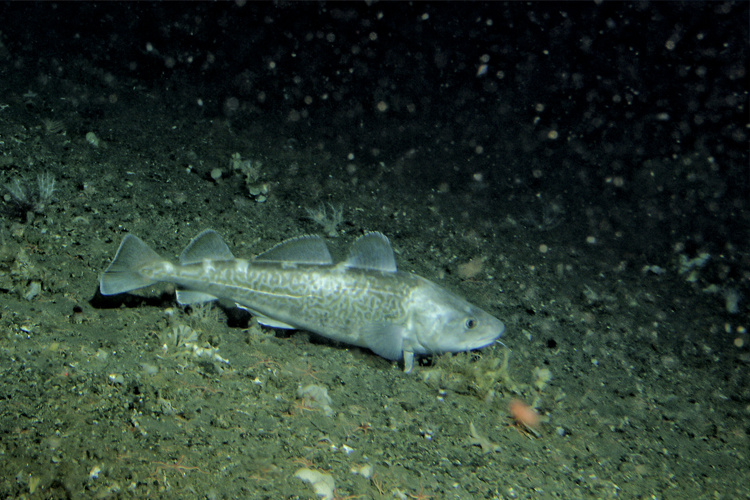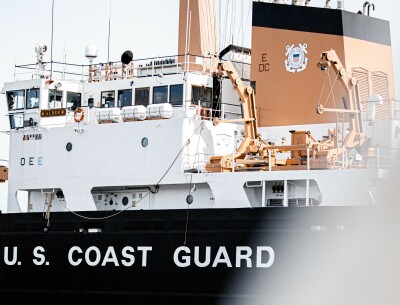Quotas for next year’s groundfish fisheries reflect ups and downs for Alaska’s key species — pollock and cod — and the stocks appear to be heading north to colder waters.
The bulk of Alaska’s landings come from waters federal waters. The North Pacific Fishery Management Council reviews stock assessments for groundfish each October, sets preliminary catches for the Gulf of Alaska and Bering Sea, and updates them as new data become available.
If the proposals get the go-ahead in December, the Bering Sea pollock TAC will increase slightly to nearly 1.4 million metric tons, or over 3 billion pounds of pollock.
For Pacific cod, the Bering Sea TAC could be reduced to 350 million pounds, a drop of 64 million pounds from this year.
The cod numbers might change as a result of big differences between the 2017 and 2018 survey results in southeastern and northern waters, where large numbers of fish appear to be migrating. Over the year, the cod biomass dropped 21 percent in the southern region but increased 95 percent in the northern area.
The northern cod are genetically similar to the southern cod, making it unlikely that the fish hail from Russia or the Gulf of Alaska, said NOAA research biologist Ingrid Spies in a presentation to the council last week.
The numbers are more straightforward for pollock and cod in the Gulf of Alaska and reflect declines for both species. The proposed pollock quota shows a 34 percent drop to 228 million pounds, down 118 million pounds from this year. For Gulf cod, next year’s quota is likely to be down 5.5 percent to 27.2 million pounds, a decline of 1.6 million pounds.
One of the brightest Gulf of Alaska findings is the continuing upward trend of blackcod seen over several years. The preliminary sablefish quota for 2019 was boosted by 40 percent to nearly 36 million pounds.







